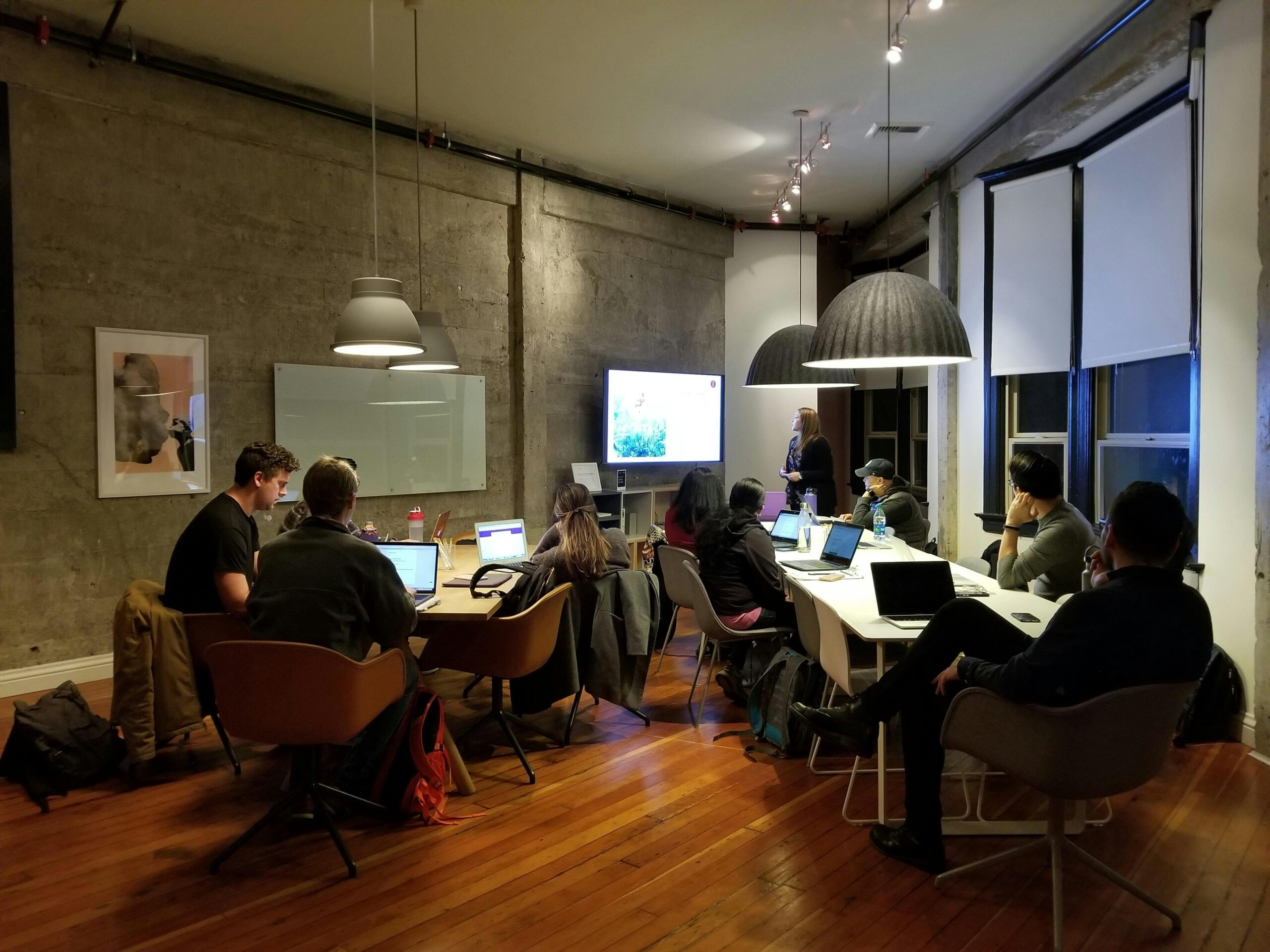The news is that Southeast Asia is quickly becoming a hotbed of global tech innovation, investment, and talent. It is already seeing rapid growth in tech start-ups and multi-national corporations in Singapore, Vietnam, Indonesia and the Philippines, all of which brings a bounty of opportunities for increasing Tech firms.
The Allure of Southeast Asia
Several factors contribute to Southeast Asia’s growing appeal as a tech hub:
- Abundant Talent Pool: The region boasts a large, young, and tech-savvy population. Universities and coding bootcamps are producing a steady stream of skilled IT professionals.
- Favorable Government Policies: Many Southeast Asian governments are implementing supportive policies to foster innovation and attract foreign investment.
- Lower Operating Costs: Compared to Western countries, the cost of doing business in Southeast Asia is relatively lower, making it an attractive destination for startups and established companies.
- Strategic Geographic Location: Southeast Asia’s strategic location provides easy access to markets in both Asia and the Pacific.
Opportunities for Tech Firms
The rise of tech hubs in Southeast Asia presents numerous opportunities for Tech firms to hire:
- Increased Demand for IT Talent: The rapid growth of tech companies is driving a surge in demand for IT professionals across various domains, including software development, cybersecurity, data science, and cloud computing.
- Diverse Skill Sets: Southeast Asia offers a diverse pool of talent with a wide range of skills and expertise. IT staffing firms can tap into this talent pool to meet the specific needs of their clients.
- Competitive Pricing: The cost of hiring IT talent in Southeast Asia is generally lower than in Western countries, allowing IT staffing firms to offer competitive rates to their clients.
Challenges and Considerations
While Southeast Asia offers immense potential, Tech firms must navigate several challenges:
- Cultural Differences: Understanding and adapting to cultural nuances is crucial for successful IT staffing operations. Miscommunication and misunderstandings can arise if cultural differences are not addressed.
- Language Barriers: While English proficiency is increasing in Southeast Asia, language barriers can still pose challenges, particularly in technical discussions and project management.
- Regulatory Environment: Labor laws and regulations vary across Southeast Asian countries. IT staffing firms must comply with local regulations to avoid legal issues.
- Talent Retention: Retaining top talent can be challenging, especially as tech companies compete for the best professionals. Offering competitive compensation packages, career growth opportunities, and a positive work culture can help retain talent.
Navigating the Future
To capitalize on the opportunities and overcome the challenges, Tech firms should consider the following strategies:
- Invest in Local Expertise: Building strong relationships with local partners and hiring local talent can help navigate the complexities of the Southeast Asian market.
- Leverage Technology: Utilize advanced recruitment tools and platforms to streamline the hiring process and identify top talent.
- Prioritize Employee Experience: Focus on creating a positive work environment that fosters employee satisfaction and loyalty.
- Stay Updated on Industry Trends: Keep abreast of the latest trends in technology and the evolving needs of clients.
- Build Strong Client Relationships: Develop strong partnerships with clients to understand their specific requirements and provide tailored solutions.
By carefully navigating the opportunities and challenges, Tech firms can position themselves for significant growth in the dynamic and thriving tech ecosystem of Southeast Asia. BizFact helps Tech firms to get their best talents from this region without any hassle. Contact us for fastest Tech Talents solution



